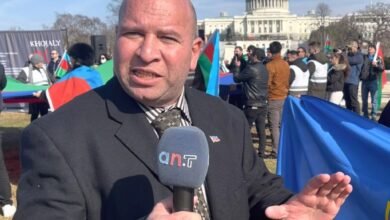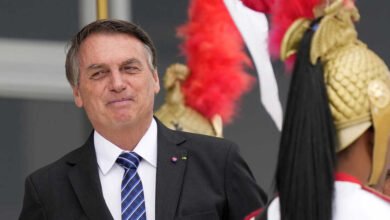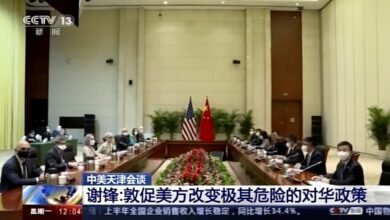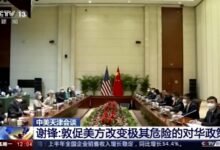
West Azerbaijan, a region with a long-standing history of coexistence among diverse ethnic groups, has in recent decades become a focal point of ethnic tensions—fueled not by the people, but by state policy. Turks, Kurds, Armenians, and Assyrians once shared a cultural and social fabric that spoke of mutual respect and interaction. Today, however, that harmony is strained by strategies of division, employed deliberately by the Islamic Republic of Iran.
Cultural assimilation, suppression of local identities, the ban on education in mother tongues, and biased media narratives are tools used to control public opinion. When a child is forbidden to learn in their mother tongue, when their culture is erased from mainstream media, and when development bypasses their community, a sense of alienation takes root. This is the environment authoritarian power thrives in—manufactured division, managed tension, and diverted demands.
But is this situation inevitable? History gives us a clear answer. Before state interference, the people of West Azerbaijan lived together, traded, celebrated, and mourned side by side. Examples from multiethnic countries like Switzerland, Canada, and Belgium show that sustainable peace comes through equal rights, respect for local identities, and the rule of law. In these nations, education and cultural policies embrace diversity rather than suppress it. No ethnicity is marginalized. These models prove that coexistence is possible through awareness, civic engagement, and a commitment to shared citizenship.
In West Azerbaijan, the solution lies not in ethnic confrontation but in empowering civil society, fostering dialogue, and demanding equal rights. When people focus on shared grievances rather than ethnic divisions, the government loses its ability to exploit artificial cracks. Independent media, civil institutions, and local intellectuals play a crucial role in reshaping this narrative.
We must break free from this historical trap. Your real enemy is not your Turkish neighbor, nor your Kurdish compatriot. The true adversary is a political system that pits people against one another to preserve its own power.
When this truth is widely understood, ethnic tension will no longer be a political instrument. The people of West Azerbaijan, through a shared understanding of the injustices they face, can lay the foundation for a new solidarity—one built not on hatred, but on mutual respect, justice, and equality.
Academics, independent journalists, and human rights advocates must play an active role in documenting discrimination, uncovering the region’s true history, and exposing divisive state policies. Only through awareness and organized civic demand can we dismantle walls of mistrust and move toward lasting coexistence.
West Azerbaijan can and must become a model for all of Iran—a model for a society where no language is silenced, no culture is ignored, and no citizen is denied their rights based on ethnicity.
Only under such a vision can we hope for a future that is free, just, and humane—a future in which the people are not pawns in a game of power, but the true authors of their own destiny.







